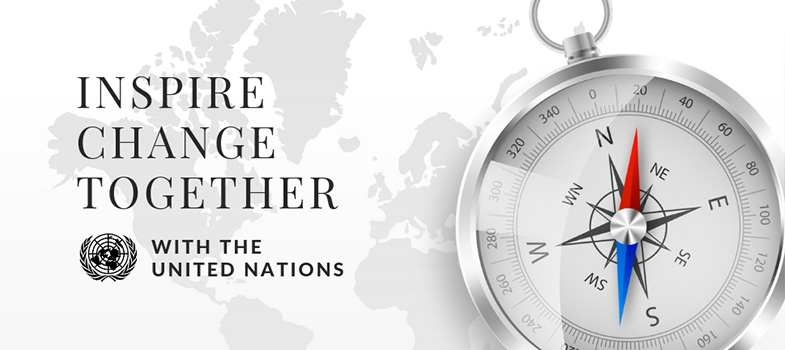Unit 7: Module adaption and delivery
The University Modules on Anti-Corruption, Integrity and Ethics have deliberately been designed to be adapted to your particular teaching context so you are able to design and deliver sessions that will engage your students.
Each Module provides an outline for a three-hour class but can be used for shorter or longer sessions. The following sections provide examples of the kind of adaptation that can take place. It is not an exhaustive list and can be expanded where required.
To be able to support lecturers even further, UNODC would appreciate receiving any adapted versions of the E4J Modules (messages should be sent to unodc-e4j@un.org and e4j.ethics@un.org). UNODC will then share these with its network lecturers as examples of how the Modules can be adapted to different regions, contexts and disciplines.
You can join the network by clicking on the network tab on the E4J website [Tip: hold Ctrl and click a link to open it in a new tab. (Hide tip)] or sending a request to e4j.ethics@un.org.
Adapting modules for a local context
Lecturers around the world are already adapting the E4J Integrity and Ethics Modules for use in their own contexts.Here are three examples from lecturers teaching in Nigeria and South Africa.
Gender dimensions of Ethics – Module 9 – Nigeria
To understand the impact that using these E4J Modules can have on a wider scale take a moment to watch this short summary video

